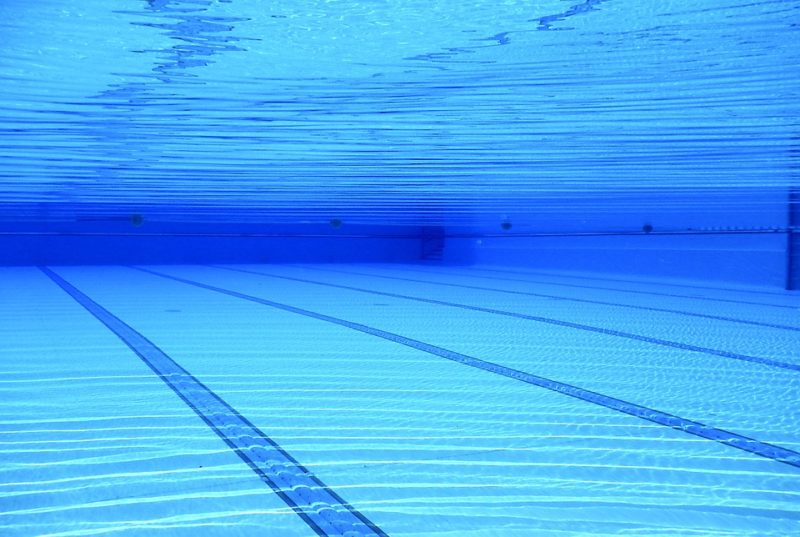Do you know how long does a pool heater last? If not yet, then don’t worry. We are here to help you out. Various systems might stay maybe 6 to 20 years, based on the temperature and weather of your location, you want to warm your pool exactly.
Heat and gas pumped pool heater should last between 8 and 11 years, typical of 10 years. The secret to a limited lifetime is regular use and maintenance.
Every piece of heavy machinery does have an end date, and as a customer, you should know when specific systems and appliances will have to be replaced. However, so many factors, such as maintenance and proper usage, might influence updating a product. Pool heaters have many expected lifespans, ranging from 6 to 12 years on average. What factors can affect the affect lifespan? So below are some pointers to consider. Let’s have a deep look at it!
Factors Affecting How Long A Pool Heater Last
Many factors affect the average lifetime of your pool heater. Stop thinking more about how long does a pool heater last? As discussed previously, the water heater lasts 6-12 years. After that, you need to replace your water heater. However, proper maintenance of your pool heater may increase its life span.
#1. Your pool’s chemistry water
Pools maintain a mix of organic and artificial ingredients, which assist keep the water clean and safe to swim in. It is advised should you check your pool water every week to ensure that this is in optimal balance, particularly in terms of alkalinity and calcium. Insufficient or overabundance of acidity in the water, as well shortage of calcium, might promote rust if the alkalinity isn’t regulated. Furthermore, too much calcium can cause plaque, which impedes water movement. Conducting a weekly series of tests is the best approach to guarantee that the pool retains appropriate chemical ratios.
If your water pool has perfection concentration of acids or other chemicals, this will help you increase the lifespan of your pool heater. It’s also important to drain the pool water after a week. Because dirty pool water not only reduces the average life of your pool heater but also affects your health.
#2. The impact of power issues
The other important factor that affects the average life expectancy of your pool heater is proper power. Because your pool heater requires electricity to work, it is linked to the main electricity line. Yet, if there are interruptions or shocks because of bad climate or other factors, your pool heater will also be affected. Such fluctuations may lead to premature aging and harm your pool heater if it is subjected to sudden power peaks and troughs. Here’s how to turn on a pool heater.
#3. Proper maintenance
Another critical factor that may help you increase the lifetime of your pool heater is its proper maintenance. Maintenance on the pools heaters must be planned at a minimum once every year, and bi-annual service might be beneficial. The pool heater will be wholly examined, equipment will be polished, greased, and calibrated, and the equipment will be checked for performance and safety throughout a maintenance visit. You must be able to leverage the life of your pool heater by performing routine maintenance and paying enough attention to the composition of your pool’s water.
Your heat pump’s life might be extended much beyond the warranty period if you manage it properly. Remove all twigs, branches, and other rubbish from the surface of your heat pump to maintain optimal ventilation. Smoke detectors should be maintained strategically from your heat pump since low-quality water might cause interior harm. We also advise that you hire a licensed heat pump technician to do routine maintenance on your system. Cleansing the inside, testing power cables, inspecting water flow, and assuring appropriate functioning are typical examples of these chores. Know why is my electric pool heater not working.
#4. Heat exchanger
The heat transfer element used in your heat pump significantly impacts its longevity. The breakdown of the heating element is the most common leading risk factor of heart malfunction. Heat exchangers are often composed of cupronickel or copper, and both are vulnerable to assault by pool chemicals. Your heat pump will not work if the heat exchanger breaks. Titanium is practically immune to water chemistry degradation, making it one of the most lasting and cost-effective heat exchanger materials available.
#5. Warranty
Many heaters come with full guarantees that last between one to two years. Full warranties usually cover service and components. Many heat pumps typically come with a five- to a seven-year parts-only contract. Furthermore, many heat pump companies, such as AquaCal, provide a lifetime guarantee that includes the heat pump’s heat exchanger piping. For precise warranty details, contact the manufacturer of your heat pump. A pool heater may survive for ten years or more with correct installing and maintaining; however, some have lasted a lot longer.
It’s A Wrap!
We hope that reading this article is just fun for you, and after reading it, you all will get a better understanding of how long does a pool heater last. Keep in your mind many factors may affect the life span of your pool heater. Proper maintenance power increases its lifetime. Otherwise, your pool heater only survives for 6-12 years or less. Thank you, friends, for being with us at the end!

